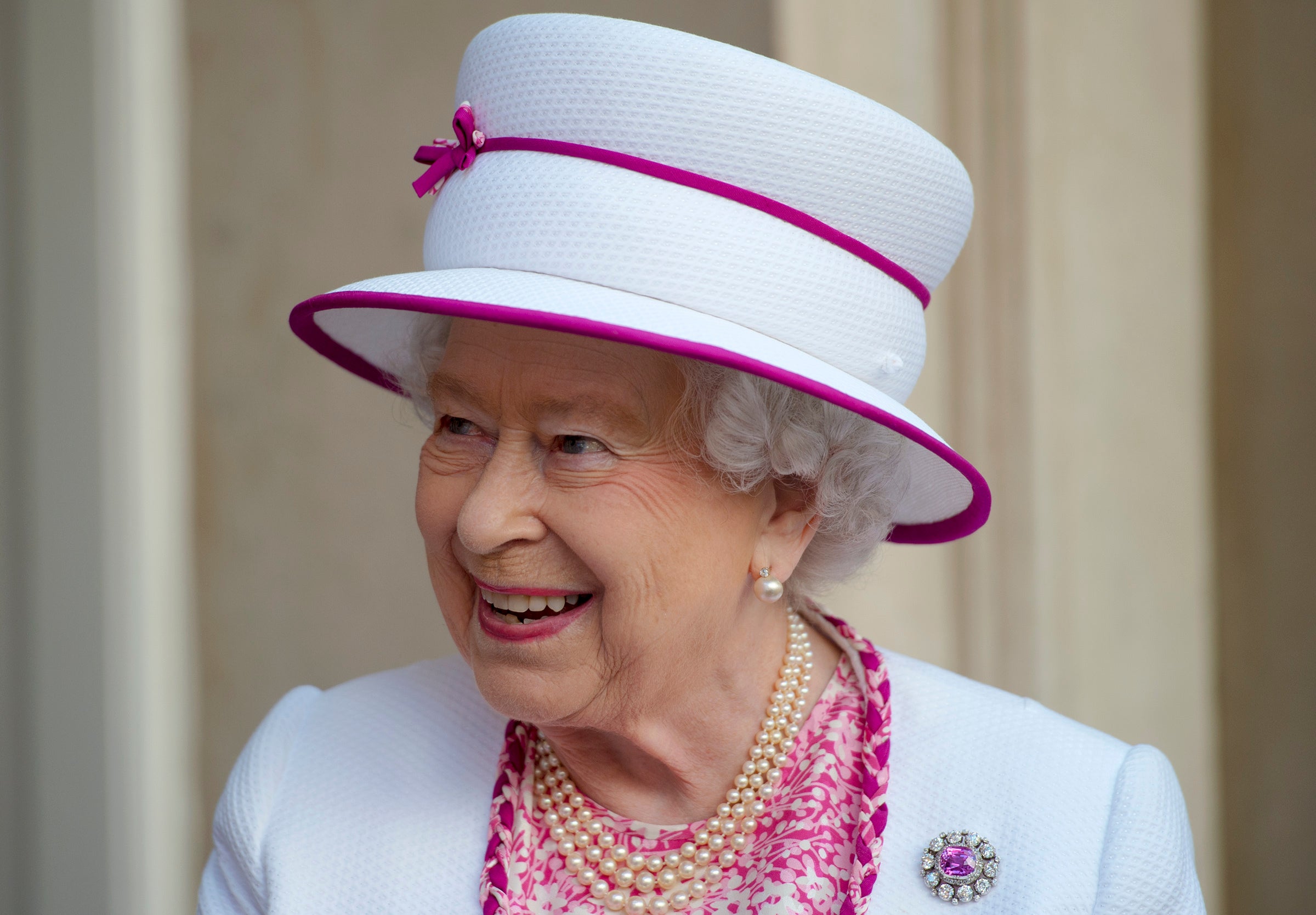Queen Elizabeth II and the 5 health benefits of never retiring
Lisa Salmon on the potential benefits of working into your advanced years.

Your support helps us to tell the story
From reproductive rights to climate change to Big Tech, The Independent is on the ground when the story is developing. Whether it's investigating the financials of Elon Musk's pro-Trump PAC or producing our latest documentary, 'The A Word', which shines a light on the American women fighting for reproductive rights, we know how important it is to parse out the facts from the messaging.
At such a critical moment in US history, we need reporters on the ground. Your donation allows us to keep sending journalists to speak to both sides of the story.
The Independent is trusted by Americans across the entire political spectrum. And unlike many other quality news outlets, we choose not to lock Americans out of our reporting and analysis with paywalls. We believe quality journalism should be available to everyone, paid for by those who can afford it.
Your support makes all the difference.Most people look forward to retirement, so they can have a well-earned rest after working all their adult life – but the Queen, who died on Thursday at Balmoral aged 96, wasn’t most people.
One of the many exceptional things about the late monarch was she worked throughout her long reign, for around 30 years longer than the average working person, who retires in their mid-60s.
And although in her later years she made some concessions to her age – by stopping going on royal tours abroad and delegating some routine duties to the Prince of Wales and Duke of Cambridge – she continued to attend engagements around the country wearing her usual bright smile and colourful clothes.
On September 6, just two days before her death, she received Boris Johnson at Balmoral Castle as he left office before greeting Liz Truss to ask her to form a government and become Prime Minister, though in an historic first this key duty was carried out in Aberdeenshire rather than Buckingham Palace.
So was working until such a great age one of the reasons the Queen lived so long? We’ll never know, of course – but working past retirement age can potentially have huge benefits, whether you have royal blood or not.
Simon Hewett-Avison, director of services at the charity Independent Age (independentage.org), says: “Older people can add immense value and a wealth of experience to a workplace. If those in later life want to carry on working after retirement, they should be supported and encouraged.
“Working into your later years can have many benefits, such as providing a valuable opportunity to learn new things and keeping your mind active. It can also positively impact your wellbeing by providing structure and purpose to your day, and can help combat isolation and loneliness by increasing social interaction.
“But choice is important, and older people should only have to work beyond retirement age if they are happy to do so.”
For many people, supplementing their State Pension is a major reason for continuing to work – but there are many other benefits, too.
Independent Age says if you’re still fit and reasonably healthy, and especially if you enjoy your job, there are definitely benefits to continuing to work. They include…
1. Mental stimulation and friendship
A 2021 US study found keeping the brain active in later life could delay the onset of dementia by up to five years.
And working past retirement age can also help boost mental health. More isolated older people might start to feel lonely, particularly as friends pass away – but working, even part-time, maintains vital social contact with colleagues.
2. Structure and routine
While the thought of having nothing to do all day might sound fantastic, for some people retirement brings days with no focus and a lack of routine – all of which is important for maintaining mental health at any age. Working, even for just a few days a week, can add vital structure to your life.
3. Status and identity
If you’ve worked all your life and your job is part of your identity, it can be hard to relinquish that status. Working in some way, whether it’s at your old job or in a new role, can help people in later life maintain their identity.
In addition, Hewett-Avison says: “Employers also benefit from having older employees, who can bring a wider range of experience to their workforce, and pass on skills to younger workers.”
4. A sense of purpose
Similarly, having a reason to get up in the morning can give you a sense of purpose, which can be important psychologically.
5. Work keeps you moving
Even if your job isn’t an active one, the fact you do it means you’re more likely to be active – even if that’s just through travelling to work. As well as walking her corgis and riding until she was in her 90s, the Queen’s incredible workload kept her active, too.